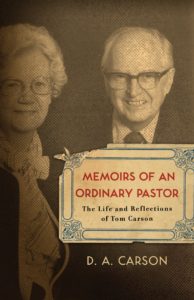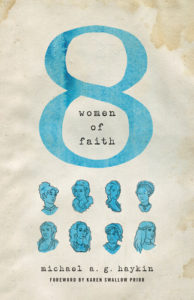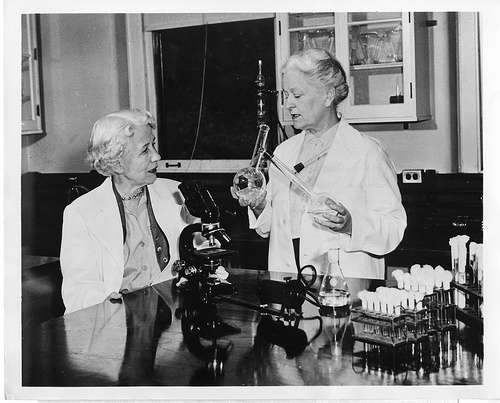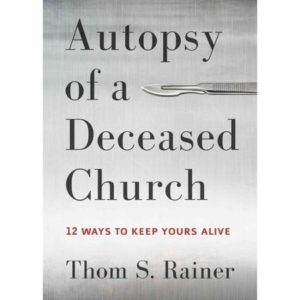 I had the opportunity to attend the Andrew Fuller Conference at Southern Seminary this past week. On my flight home, I read a book I’ve been looking forward to for years — D.A. Carson’s Memoirs of an Ordinary Pastor: The Life and Reflections of Tom Carson.
I had the opportunity to attend the Andrew Fuller Conference at Southern Seminary this past week. On my flight home, I read a book I’ve been looking forward to for years — D.A. Carson’s Memoirs of an Ordinary Pastor: The Life and Reflections of Tom Carson.
I was first drawn to this book through a couple of podcasts and/or interviews of Dr. Carson when it came out. The book recounts the rather ordinary, yet significant life of his father Tom, a Baptist pastor1 in French Quebec through the 1950s, 60s, and 70s. There are a number of reviews of the book out there and I’ll link to a few at the bottom of the post.… Read the rest






